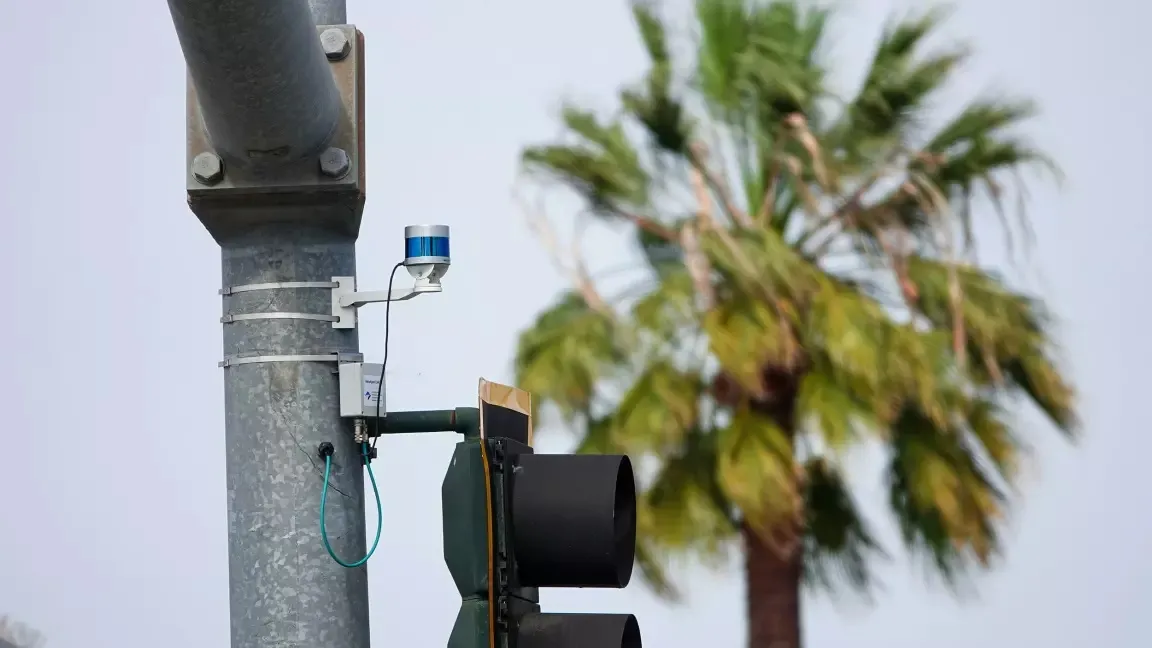JES, based in Hallein, Austria, manufactures and sells environmental monitoring solutions for transport infrastructure applications such as tunnels, underground car parks and road weather stations. JES also sells sensors from manufacturers such as DURAG. Its markets are mainly in German-speaking countries worldwide and it also carries out maintenance on behalf of tunnel operators.
DURAG Group, headquartered in Hamburg, Germany, operates globally, producing solutions for environmental and ambient air monitoring, and data management as well as ignition systems and safety devices for industrial combustion processes.
“Through the partnership with DURAG, we now have access to a worldwide sales and service network for our tunnel sensor solutions,” said René Jung, managing partner of JES.
Frank-Uwe Schulz, chief executive of DURAG, said that his company benefits from the extensive experience of JES Elektrotechnik which has completed several hundred tunnel projects.
DURAG buys into JES Elektrotechnik to expand tunnel sensor work
German tunnel sensor monitoring manufacturer DURAG has taken a 50% stake in the Austrian tunnel air and lighting monitoring company JES Elektrotechnik.
JES, based in Hallein, Austria, manufactures and sells environmental monitoring solutions for transport infrastructure applications such as tunnels, underground car parks and road weather stations. JES also sells sensors from manufacturers such as DURAG. Its markets are mainly in German-speaking countries worldwide and it also carries out maintenance on beh
September 5, 2018
Read time: 2 mins
German tunnel sensor monitoring manufacturer DURAG has taken a 50% stake in the Austrian tunnel air and lighting monitoring company JES Elektrotechnik.









